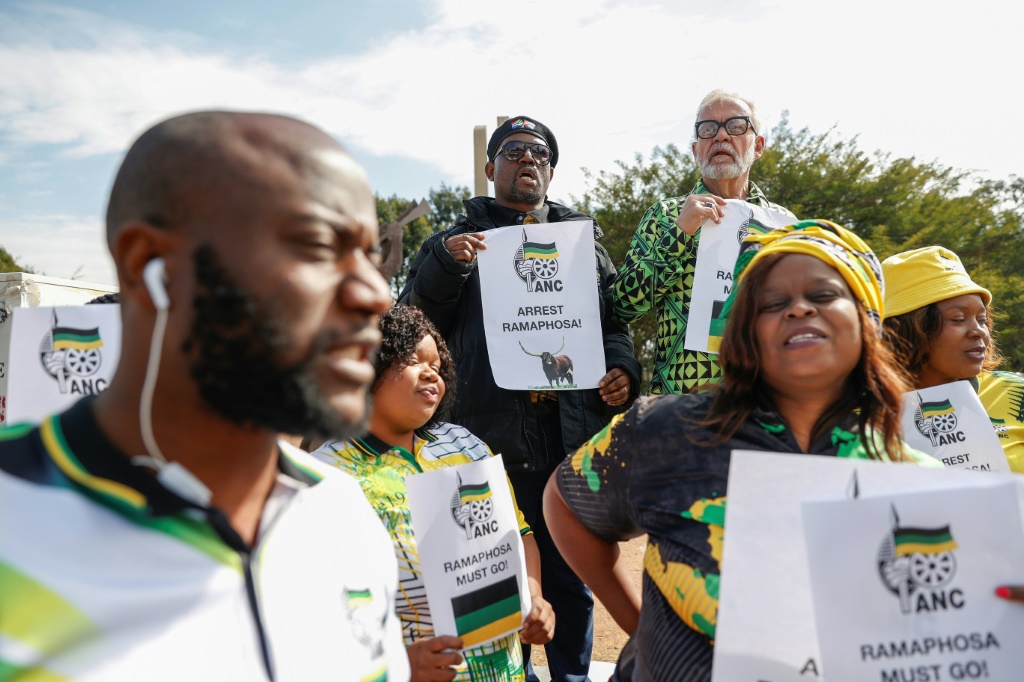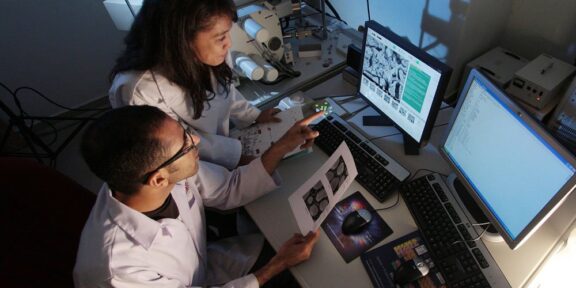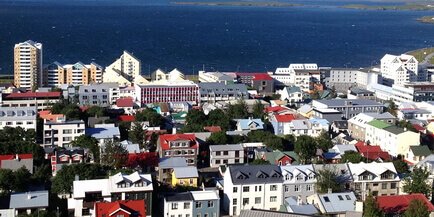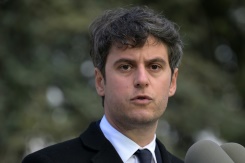South Africa’s President Cyril Ramaphosa said Sunday his party remains committed to anti-graft rules under which members charged with corruption or other serious offences must quit as he faces challenges to his leadership from within the movement.

Some within the party that has been by plagued by corruption allegations in recent years wanted the so-called “step-aside” rule scrapped, arguing it has been used by party factions to target their political opponents.
“The overwhelming view of the policy conference is for the retention of the step-aside provisions to enhance the integrity of the movement and its leadership,” Ramaphosa told delegates, wrapping up three days of talks in Johannesburg to map out the party’s direction.
The conference noted strong concerns about the perceived lack of consistency in the policy’s implementation, he said.
These “must receive urgent attention so that the application of the guidelines is impartial, is fair and is consistent”, he added.
The talks were a prelude to the ANC national elective conference in December, when the party is to hold internal polls to pick a candidate for the next presidential election.
Ramaphosa is expected to seek a second five-year term, but could face a challenge from a faction of the party that is loyal to former president Jacob Zuma, who has been accused of corruption.
Ramaphosa vowed to clean up the party upon taking charge in 2017, but he is now also mired in a scandal following a break-in at his game and cattle farm.
A state corruption inquiry report published earlier this year implicated more than 200 ANC members, including some senior officials.
– Central bank nationalisation –
Under the step-aside rule, which was agreed in 2017, ANC members charged with serious crimes have 30 days to leave their post or face suspension.
The most prominent figure to face the axe was former secretary general Ace Magashule, a Zuma ally, who was suspended last year over corruption allegations.
In other remarks on Sunday, Ramaphosa reiterated the ANC wanted to nationalise South Africa’s central bank, which his currently privately managed.
“Delegates urged the ANC government to find mechanisms to restructure the ownership of the bank in a manner and at a pace that takes account of the likely cost implications for the fiscus,” he said.
He also said the party has agreed to take urgent measures to accelerate growth, create employment and alleviate poverty, adding it was also committed to achieving gender equality within its ranks.
The party of Nelson Mandela, which has ruled South Africa for nearly three decades since the end of apartheid, has been struggling to regain its former glory. Support ANC dipped below 50 percent for the first time in local polls last November.
Critics charge that the government lacks a national plan to tackle poverty, inequality and 34.5-percent unemployment worsened by the coronavirus pandemic, or even provide basic services such as electricity and water.







